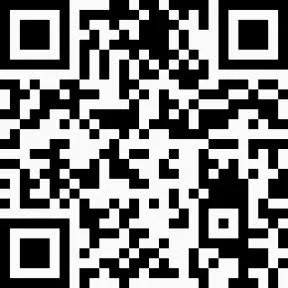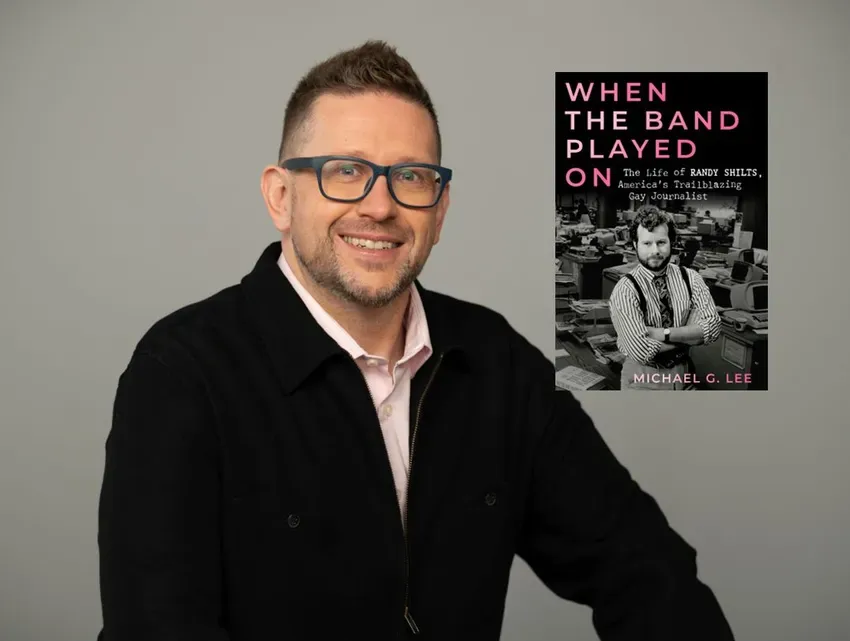WHEN THE BAND PLAYED ON: THE LIFE OF RANDY SHILTS, AMERICA'S TRAILBLAZING GAY JOURNALIST
MICHAEL G. LEE
© 2025 Chicago Review Press
$30.00
282 pages
Born in 1951 in small-town Iowa, Randy Shilts was his alcoholic, abusive mother's third of six sons. Frustrated and drunk, she reportedly beat Shilts almost daily when he was young; she also called him a "sissy," a name that "seemed to follow Randy everywhere."
Perhaps because of the abuse, Shilts had to teach himself social graces, while also developing "adultlike impassiveness" and "biting sarcasm," traits that featured strongly as he became a writer. He was exploring his sexuality then, learning "the subtleties of sexual communication," sleeping with women before fully coming out as Gay to friends.
Nearing his 21st birthday, Shilts moved to Oregon to attend college and "allow [himself] love." There, he became somewhat of an activist before leaving for San Francisco to fully pursue journalism, focusing on stories that were "mostly unknown to anyone outside of gay culture."
In both Oregon and California, Shilts reported on Gay life until he was well-known to national readers and Gay influencers. After San Francisco supervisor Harvey Milk was assassinated, he was tapped to write his biography.
By 1982, Shilts was in love and had a book under his belt, a radio gig, and a regular byline in a national publication reporting "on the GRID beat," an acronym later changed to AIDS. He was even under con-tract to write a second book.
But Shilts was careless. Just once.
"In hindsight," says author Michael G. Lee in his new biography of Shilts, "...it was likely the night when Randy crossed the line, becoming more a part of the pandemic than just another worried bystander."
Perhaps not surprisingly, there are two distinct audiences for When the Band Played On. One type of reader will remember the AIDS crisis and Shilts's seminal book about it, And the Band Played On. The other is too young to remember it but needs to know his place in its history.
The journey may be different, the result is the same: Lee tells a complicated, still-controversial story of Shilts and the book that made America pay attention, and it's edgy for modern eyes. Lee clearly shows why Shilts had fans and haters, and keeps some mystery in the tale: Shilts had the knowledge to keep himself safe but he apparently didn't, and readers are left to wonder why. There's uncomfortable tension in that, and a lot of hypothesizing to be had.
For scholars of Gay history, this is an essential book. For anyone too young to remember AIDS as it was then, When the Band Played On hits the right note.
Support the Seattle Gay News: Celebrate 50 Years with Us!
As the third-oldest LGBTQIA+ newspaper in the United States, the Seattle Gay News (SGN) has been a vital independent source of news and entertainment for Seattle and the Pacific Northwest since 1974.
As we celebrate our 50th anniversary, we need your support to continue our mission.
Your contribution will ensure that SGN remains a beacon of truth and a virtual gathering place for community dialogue.
Help us keep printing and providing a platform for LGBTQIA+ voices.
How you can donate!
Using this Link
Text "SGN" to 53-555
Or Scan the QR code below!



